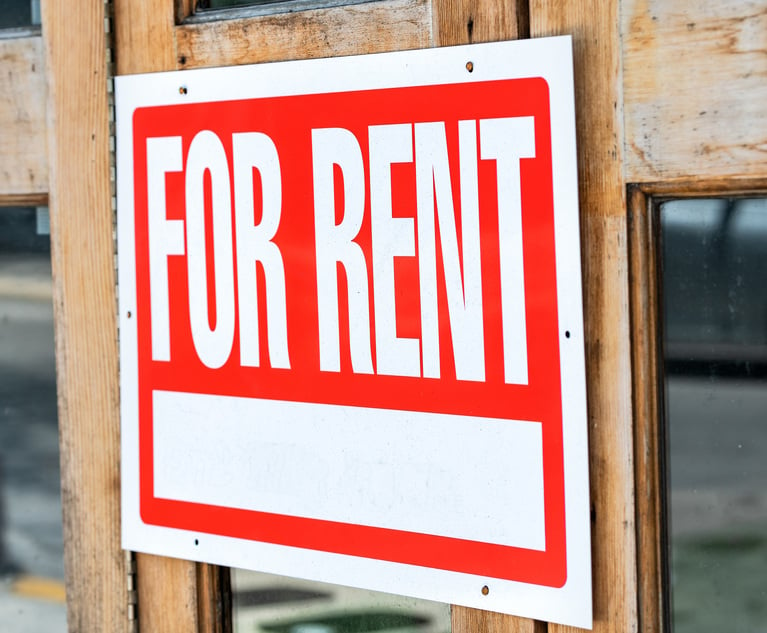
The Nov. 30 column by Paul Krugman in the New York Times offers asobering preview of the bitter debate ahead should a Democratretake the White House and launch a long-overdue campaign to reformthe U.S. healthcare system, which has more holes in it than Swisscheese. The hardest nut to crack, however, as the articleindicates, will be whether to mandate that everyone must buycoverage. My response would be an emphatic yes!
Insurance only works–and it can only be affordable for all–if thespread of risk is wide enough. Thus, as long as healthy folk keepopting out, the pool becomes much smaller (and unaffordable) forall.
Left to their own devices, the public in general will notadequately look out for their own long-term financial health,whether its retirement or medical care or their own homes (note theinexplicable gap in flood insurance) at stake. That's why one ofthe wisest moves ever made in this country's history was toestablish Social Security and mandate payroll deductions to pay forit. The program at least established a floor to support the elderlywhen they no longer work.
|The same reasoning goes for the establishment of Medicare. Wherewould the elderly be without it? How would they get coverage?
|I expect a barrage of criticism from those who simply hate“entitlement” programs, but the fact is that without SocialSecurity and Medicare, the vast majority of our elderly populationwould be out of luck. The burden for their retirement and medicalneeds would fall on relatives, the government, or, more likely, ahaphazard combination of both. Many seniors would likely end up inan early grave.
|For these reasons, a national health insurance program financedby payroll deduction makes a lot of sense.
|That doesn't mean we would have socialized medicine. Doctorswould not have to be employees of the state. Private hospitalswould not have to turn over their keys to the government. Andprivate health insurers would not have to close up shop.
|Indeed, private insurers could earn a valuable place in the mix,perhaps even compete for federal allocations according to theirability to control costs (both for medical care andadministration).
|The government system could perhaps guarantee a certain floorfor basic health care–especially catastrophic care and long-termcare–with private carriers allowed to offer supplemental coverage,whether for more private care, alternative treatments, or otherluxury plans (for those who could afford it–no one said life wasentirely fair).
|But at least we would not have 45 million or more uninsured. Orpeople bankrupted by their medical bills, or discouraged fromseeking care because they couldn't afford it.
|Realizing this grand vision will not be easy–politically orpractically. Mr. Krugman's column (click hereto read it) provides a peek at the ugly arguments ahead for healthcare reform proponents when it comes to making coveragemandatory.
|But the fact is that government requires us to do what's bestfor society all the time–from mandating the purchase of autoinsurance if you want to drive a car, to filing income taxes, andin a real pinch, to fight a war. The biggest reason this countrycan't get a handle on its many long-term problems is that no one isever asked to sacrifice anything for the greater good. That's whatI call true patriotism.
|What do you folks think?
Want to continue reading?
Become a Free PropertyCasualty360 Digital Reader
Your access to unlimited PropertyCasualty360 content isn’t changing.
Once you are an ALM digital member, you’ll receive:
- All PropertyCasualty360.com news coverage, best practices, and in-depth analysis.
- Educational webcasts, resources from industry leaders, and informative newsletters.
- Other award-winning websites including BenefitsPRO.com and ThinkAdvisor.com.
Already have an account? Sign In
© 2024 ALM Global, LLC, All Rights Reserved. Request academic re-use from www.copyright.com. All other uses, submit a request to [email protected]. For more information visit Asset & Logo Licensing.








